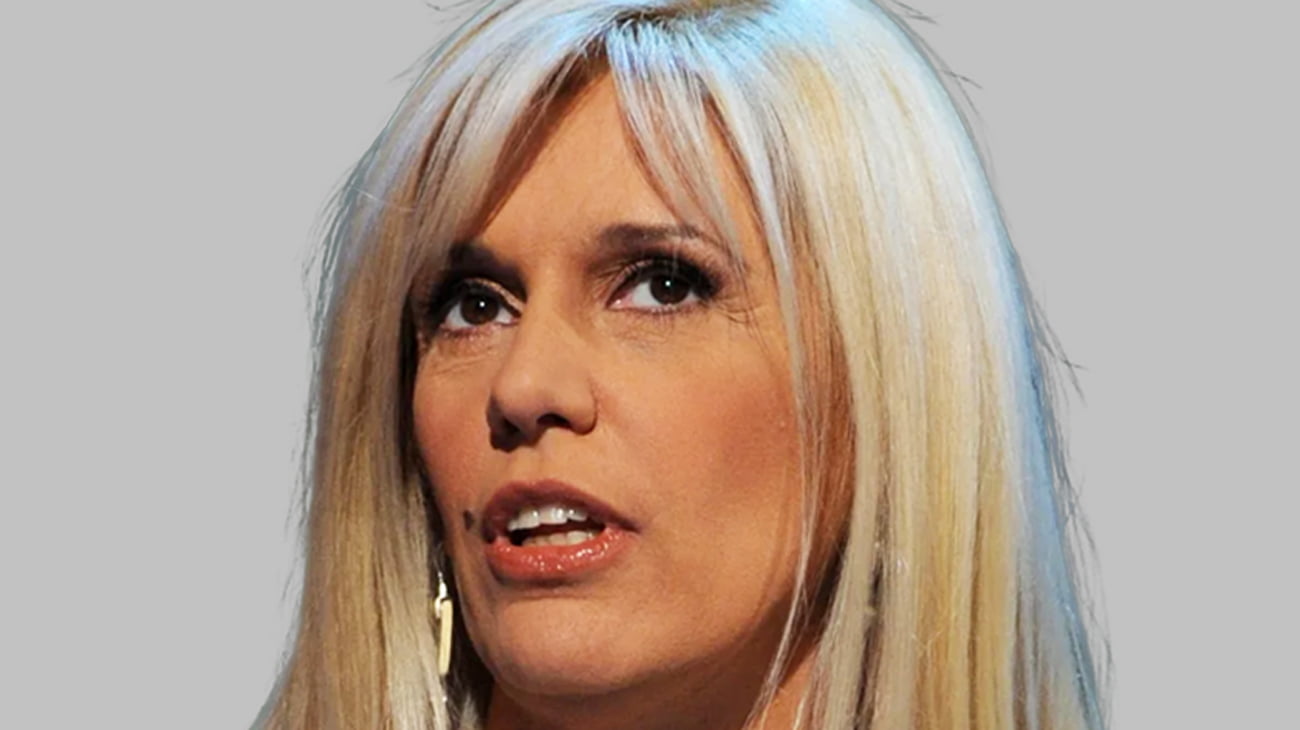NASA
–
News from the NOS•today, 20:35
–
-
Ivo Landman
online publisher
—
-
Ivo Landman
online publisher
—
—
Tomorrow, hopefully, a giant moon rocket will lift from Florida for the first time since 1972. Still with no astronauts aboard, because the launch of the giant as big as the Dom Tower is a test flight. The mission marks the beginning of a new era in space travel: the start of the Artemis lunar program. A milestone for NASA, but also for the European space agency ESA, which makes an important contribution.
–
At NASA headquarters in Houston, the glory days of the Apollo era seem to be reliving a little. For several weeks, NASA’s new moon rocket dominated Cape Canaveral airport and the launch site in Florida. It Space launch system it is the most powerful rocket since Saturn V, which launched the first humans to the moon in the 1960s.
–
-
 –
–
NOS
–
The planned flight course of Artemis I –
 –
–
NOS
–
Composition of the SLS Moon Rocket –
 –
–
NOS
–
The spaceship Orion with the European service module –
—-—
But for Europe the start of the lunar program is perhaps more historic than for the Americans. “Because they’ve already been there once,” says ESA manager Philippe Schoonejans. “Now Europe is also heading towards the moon”.
–
ESA leverage of European service module (ESM) which provides future travelers to the moon with oxygen, heat, water, energy and propulsion. “It is very special that NASA is willing to let Europe play such an important part of the rocket. They once thought it was too risky. Now they have dared to take that risk. As Europe, we are gaining more and more confidence with our technology. space”.
–
The seven meter long solar panels of the ESM are manufactured in the Netherlands:
–
-
 —-
—-
—-—
The lion’s share of the costs – about $ 4 billion per Artemis flight – is borne by the United States. ESA pays around 250 million euros. What do they get in return?
–
First of all, it’s about science, Schoonejans points out. “There are very different moon rocks at the moon’s South Pole than in the areas where the Apollo astronauts landed. There has been no light there for 4.5 billion years. Those moon rocks are intact and we can learn a lot from them on the origin of the moon and the earth “.
–
Artemis flights also have another goal: eventually NASA and ESA want to go to Mars. “We also want to try all the techniques to get to Mars and stay longer on the moon. Learn how to turn ice and lunar dust into fuel and extract oxygen.”
–
In this test flight, there are three dummies aboard, filled with sensors, to measure the vibrations, G-forces and radiation that the astronauts will endure:
–
-
 –
–
NASA
–
The American test dummy, named “Commander Moonikin Campos” –
 –
–
DLR
–
Torsos Helga and Zohar will measure the radiation in space on their way to the moon –
—-—
Flight control is located in Houston which will direct the mission in the coming weeks. There is also an ESA team in the US to watch how the European part works.
–
What is less known: in the Netherlands there is also a control room that supports Houston, well hidden in the dunes of South Holland at the ESTEC in Noordwijk. All systems of the ESM are monitored there. I’m in the ESAs Erasmus support structure ready for launch after two years of preparation, assures system engineer Kevin Pasay. “We can’t wait for the beast to get off the ground.”
–
The flight was preceded by the necessary simulations, also to practice communication with Houston. Situations have been simulated in the United States where something goes wrong. “For example, we got a scenario after opening the solar panels,” says Pasay. “And they asked from Houston, is everything okay for the rocket boost maneuver? Everything looked fine, but then we looked at the CCTV footage. We saw a large hole in the support of one of the solar panels because of the ‘impact of space debris. So that was it. no’ go ‘. “
–
-
 –
–
ESA
–
The Erasmus Support Facility, ESA’s control room in Noordwijk –
 –
–
ESA
–
The Erasmus Support Facility, ESA’s control room in Noordwijk –
—-—
If something like this happens in real life, the consequences can be dramatic. Think of a scenario similar to Apollo 13, the moon voyage in 1970 that the three crew members barely survived. That is why the European module has a huge number of backup systems. “And even more backup systems for backup systems.”
–
And all these systems are monitored in Noordwijk. “They also see a big hole in a solar panel in Houston, but they are not experts in things like power distribution or other ESA systems.”
–
Pasay is confident the flight is going well. “I am an optimist, my only fear is that Mr. Murphy will come to the party with his law. That something will happen that no one has foreseen. But that’s why this flight is a test, without astronauts.”
—
Related posts:
The incredible likeness of the 'Back to the Blue Lagoon' and 'Resident Evil' actress and her eldest ...Square Enix was temporarily unable to develop games due to pandemicBig smile in the sun. NASA explains a strange phenomenon - o2Red Dead Redemption 2 could be the next Epic Store announcement - 05/14/2021
-
-
-


